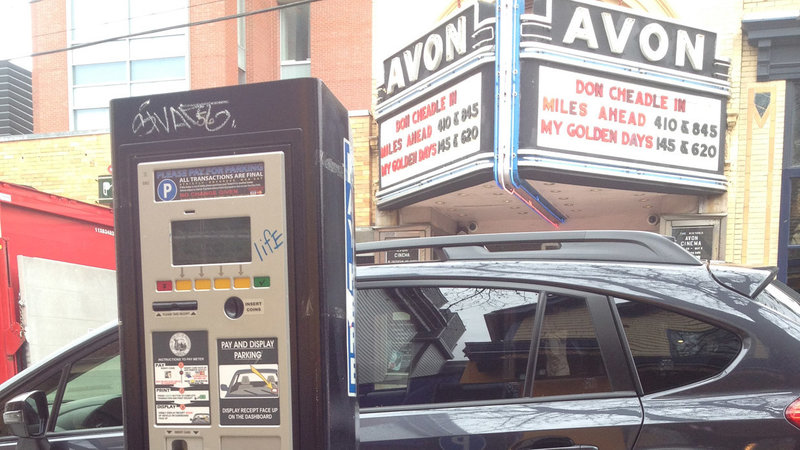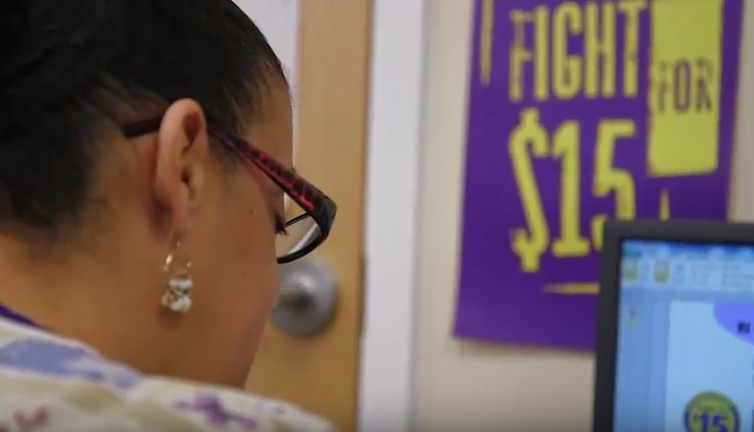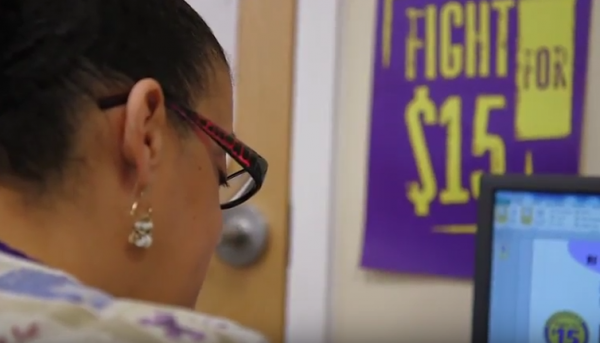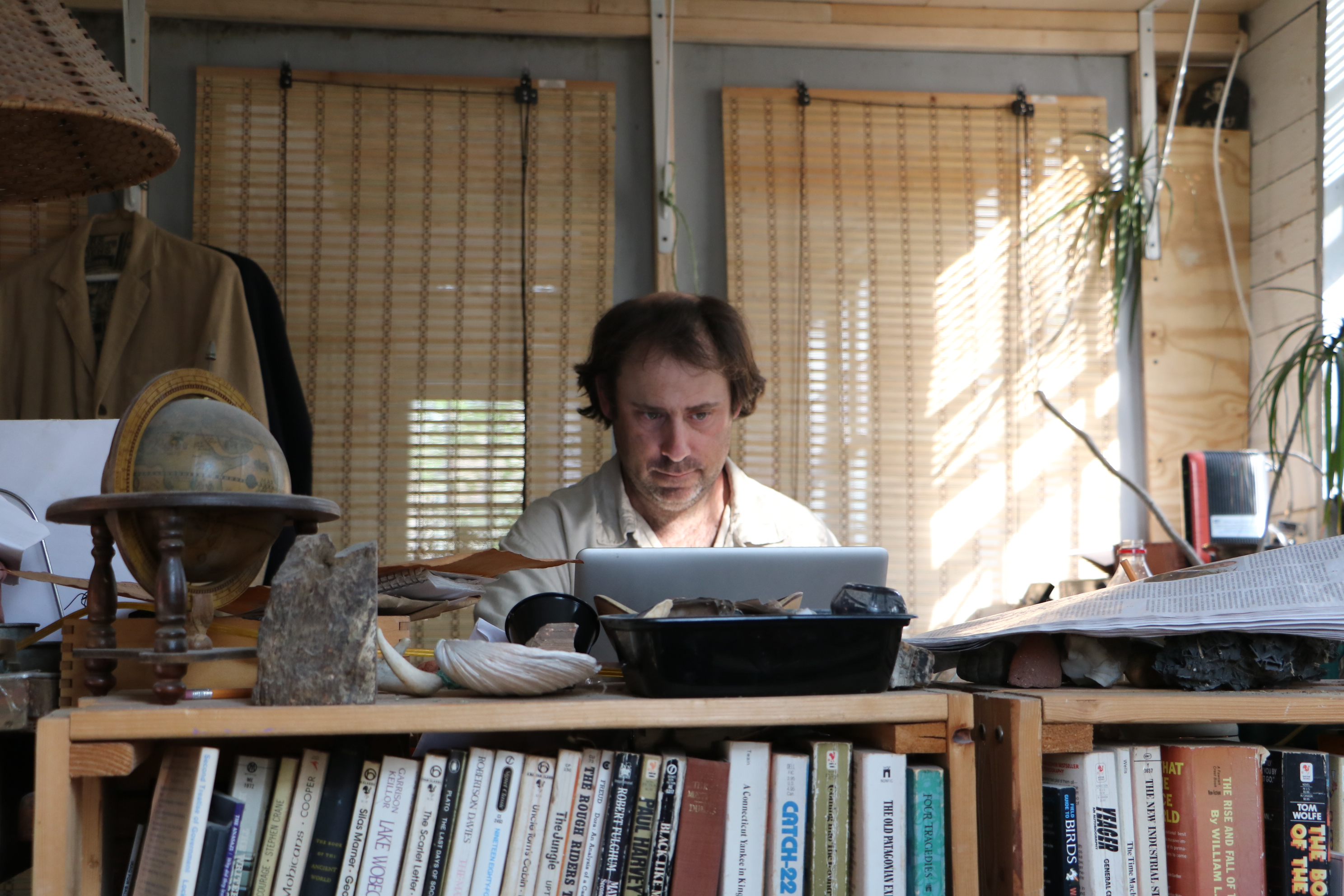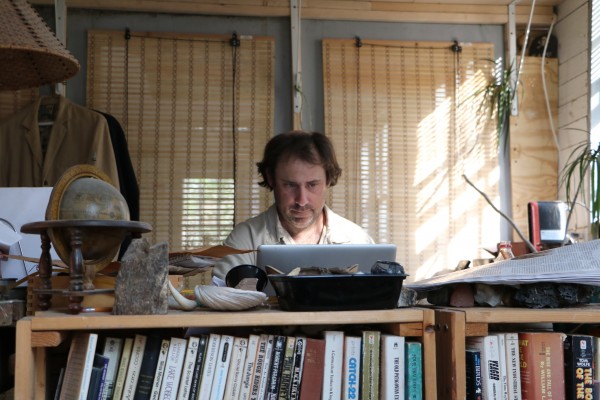 The perennial question in Rhode Island, and many similar places around the world, is how do we bring prosperity to our communities. Actually I wish it was phrased that way. What we actually get is a promise the percentage of year-on-year GDP growth will go up if we do as they say. The reality in Rhode Island and many other old industrial neighborhoods is that 3% growth only happens at the crazy phase of a real estate or other speculative bubble, and signals that a crash is coming soon to a neighborhood near you.
The perennial question in Rhode Island, and many similar places around the world, is how do we bring prosperity to our communities. Actually I wish it was phrased that way. What we actually get is a promise the percentage of year-on-year GDP growth will go up if we do as they say. The reality in Rhode Island and many other old industrial neighborhoods is that 3% growth only happens at the crazy phase of a real estate or other speculative bubble, and signals that a crash is coming soon to a neighborhood near you.
What is missing in Rhode Island is a realistic assessment of the economy and what is actually possible in Rhode Island. AND a plan to increase the general prosperity in the slow to no growth system that we live in. The context is that every reputable global oriented economist has stated that the growth machine is slowing down. Global growth will now average just over 3% for the foreseeable future. Clearly there are places like China and India that are keeping the average high as they urbanize and industrialize. China has already seen its growth slow (now at 6%) as it attempts to shift towards a consumer economy rather than a production economy. They just can not afford to kill more people burning coal. The populace gets restless when they can not breathe the air. China is leading the way in solar power and speeding up its phaseout of coal. India is instituting a carbon tax.
Economic growth in the 21st Century is concentrated in 3 types of places, with nearly every other place on earth experiencing 2% or less a year growth, most of which is just sucked up by the 1%. The places with 3+% growth a year include those with natural resource exploitation expansions such as fracking booms or deforestation for soybean or palm oil. Another category of rapid growth regions is large and mega cities in the developing world where people are being drawn into the cities as the mechanization of agriculture and the creation of giant plantations is costing them their land and livelihoods. These first generation urbanites are powering growth throughout the tropics, usually by leaving devastated rural areas. Now they live in shanty towns in cities bulging at the seams and unable to provide basic services. The informal economy is how people get by, real jobs are reserved for the elites. The third category of places with above average growth are very large metropolitan areas in the developed world that are providing financial, cultural, or intellectual services to the world.
If growth is 3% globally, and above that in a specific places on the planet for reasons that are readily discernible with current knowledge, then one must realize that half of the people in the world are going to live in slower growing communities.
Rhode Island does not fit any of the categories for rapid growth, despite the constant yapping by our political and corporate elites as they pretend we fit the third category. We can argue about how well RI fits the category, but what seems to be of out of bounds for discussion is the effect the economic development strategy that is employed to further the growth of the financial, cultural, and intellectual services on everyone else in the community. Maybe if the economy of Rhode Island could grow at more then 3% a year without creating bubbles, the current strategy would have a chance of working, but when growth is about 1.8% the strategy fosters inequality and ecological destruction, which further damages the prosperity of communities.
The “intellectual” tool that the political, financial, and corporate elites use to beat us about the head is called “The Business Climate”. The entire point of the business climate, with indexes funded by the same folks who fund climate deniers and told us smoking cigarettes does not cause cancer, is to make it easier for rich folks to get richer as the global economy spirals down.
Lets be very clear. There is actually no correlation between rankings in the various business climate surveys (which often contradict each other) and the GDP growth rate or other measures of prosperity in a particular place. There is a very weak correlation between lower tax rates and growth, but no other indicators used in these very flawed indexes actually have any positive relationship with a healthy economy. Other factors are MUCH more important, including the economic history and culture of a community. Vermont ranks low on business climate indexes, NH high. The unemployment and growth rates have been neck and neck since the Great Recession. Kansas cut taxes, and crashed the state economy as well as short changing the schools. Missouri acted more conservatively (you know conserved some resources and programs that actually helped folks) and weathered the storms much more easily. Wisconsin elected a darling of the Tea P:arty, and enacted the requisite cuts in taxes and spending. Minnesota skipped the stupidity and is doing much better than its neighbor. You want the economy of California or Mississippi?
The manifestations of business climate insanity in Rhode Island are the ever louder efforts to reduce protections for the environment, lower taxes for the wealthy, further restrict the rights of communities to protect themselves from inappropriate development, and the use of real estate subsidies as the basic tool of economic development. The net result is that 90% of the people get poorer and the owners of land and those few who get jobs in the high tech or cultural global marketplace reap all the benefits. Growing inequality makes it much harder to run a consumer society, along with the ecological problems that growth and consumerism on a finite planet bring.
A simple way to tell that despite all the rhetoric and hot air, and all the stupid things the clowns on Smith hill have done, the growth rate in Rhode Island continues to hover at about 60 to 75% of the national average year after year. This is EXACTLY what one would expect given the actual conditions in Rhode Island and our not participating in the fracking boom. The 1.8% growth rate we have experienced in RI , is pretty close to the median in the US, Only half the states have rates above 1.8 the last few years even when the mean for growth in the US is hovering between 2.2 to 2.4%, So the politicians and the developers tell us, just go harder, double down on inequality, ecological destruction, and handouts to the rich. They keep telling us it will work, and it keeps not working.
One of the results of this pathetic bipartisan development scam is that the people have become wise to the scam. RI elites have a habit of looking for the next big thing so hard that they get taken for a ride regularly. Time after time the elites have offered some mega project with the intent of solving the RI economic dilemma once and for all. We have been offered the biggest and most stupendous Nuclear Power plants, Gas fired power plants, violent video game companies, ports, casinos, and baseball stadiums. The track record is that the projects they snuck through before we could stop them turned into real disasters. And in retrospect, if built, all the projects we stopped also would have been disasters. The gas infrastructure in Burrillville, Washington Park, and assorted other communities in and near Rhode Island is just the latest boondoggle being offered. You would think with such a pathetic track record they would quit already, but power corrupts and money is the root of evil, so the corporations keep coming back for more figuring the bought politicians will stay bought and not let the people ruin the game.
What may be the most galling about this whole thing is that we have an elite touting the economy of the past, dragging us backwards into the fossil fuel dependency we are trying to escape, dragging us towards back room deals for inside players while the rest of us struggle. The rich and powerful are always the last to know that the economy has changed and the old games do not work at all. We need a really new plan. One based on ecological healing, stopping climate change, building resilience to climate change, growing our own food, and creating a healthcare system that is based on prevention and is actually affordable for the entire community. Our future is not in building power plants, nor in giving huge subsidies to giant corporations so they will create 50 jobs that hardly anyone who already lives here could get.
So we keep resisting. Which brings us to the Clear River Energy plant proposed for Burrillville. The people of Burrillville are massively opposed to building the plant. They have turned out in large numbers time and again. So have activists from across the state. Reports have been written by experts pointing out how little the plant is needed, how it will not cut our energy bills, and how it will not function as anything resembling sustainable development. The community has pointed out the long term effects on health. We also know the plant will be shut down long before its expiration date as the climate crisis worsens and solar energy powers the land, Building a plant that we know will be shut early will cost the people of Rhode Island a bundle of money. It is the economy of the past, passed off as the Great White Hope.
The politicians and the corporates have this new slogan. Many states are adopting it after years of browbeating by the Koch Brother-funded anti think tanks. Your state here is open for business. Its on billboards and on the lips of governors. It Is saying we shall restrict democracy and not give the people the right to say no to big corporations. In other words the elites would like to make sure the people can not stop their boondoggles, or the giveaways, the ecological harm, or the lower taxes for the rich when the schools are starving and so are the kids. That is what open for business really means, Yes we shall let the rich rob and pillage, we shall encourage greater inequality despite how it harms communities and the economy. In other words when the politicians and business elites are saying RI is closed for business it means we are not buying any of their boondoggles any more, that we want democracy, justice and healthy communities.
When the people are able to resist really stupid projects it gives the impression that the powerful can not deliver anything the rich ask for, anything the corporations demand,. It ties their hands when the people have a say and demand the right to prevent bad things from happening in their communities to prevent the politicians from selling them down the river,. In other words the practice of precaution, the practice of democracy, listening to the wisdom of the people instead of the dollars of the lobbyists and connected law firms has to go since it means we have a hard time saying we are open for business. In other words democracy is bad for business, so it has to go.
That is the real meaning of “ Open for Business”. Cut benefits for the poor. Relax environmental standards, give lots of subsidies to big corporations who when the contracts run out will go out to bid for bribes again. Excuse me, but this strategy has failed us for 50 years, and under the conditions of slower global growth and climate change, has to be among the stupider strategies on the planet, one simply designed for the rich to get richer and the poor poorer. Is it any wonder that we have more and more people begging at intersections. We have created development for the few, not the many.
The questions one gets after a rant like this are how are you going to feed, clothe and shelter everyone if the economy is not constantly growing. First of all the reality is that since 1973 for most Americans income has barely changed after inflation is taken into account. Fewer people own homes, fewer people have retirement accounts, more people have credit card and student loan debt. And for more and more people the only economy they are in is the informal and gig. So first of all the situation is not so rosy now. Whereas for the few, for the 10% with advanced degrees or the ownership of lots of real estate, life is good. They got bailed out in 2008, and have made up for all their “losses” while for the average American net assets remain well below what they were in 2008.
While we are loathe to admit it in public forums, the medical industrial complex is bankrupting us, along with the military industrial complex and the stupid breaking of the Middle East in pursuit of tame oil producers. At the same time the food supply becomes more and more fragile as the gene pool of plants shrink and superbugs and weeds develop. Now add in the climate chaos effects on agriculture. Rhode Island, like many places in the industrial world, is going to have to reinvent its agriculture and find a way to grow 20 times as much food as it does now. We need to produce 20% because places like California are going to be unable to supply us as the water supply diminishes and our willingness to incur climate chaos from shipping food diminishes. And guess what. If RI grows 20 times as much food as it does now, that is going to create the thousands of jobs they keep promising industry will bring, despite off shoring.
You know an elite has lost touch with the community, and become un-moored from economic realities when they work harder and harder to convince us that stuff we know is stupid is the next panacea. Open for business is a scam to steal from the poor and the workers and give to the rich. It is a scam to destroy ecosystems for short term profits, not create a sustainable prosperity. Lets deal with the real climate crisis, not the manufactured crisis of the business climate. Slow growth is our future, lets create prosperity for communities, not beat them around the head to give money to the rich.
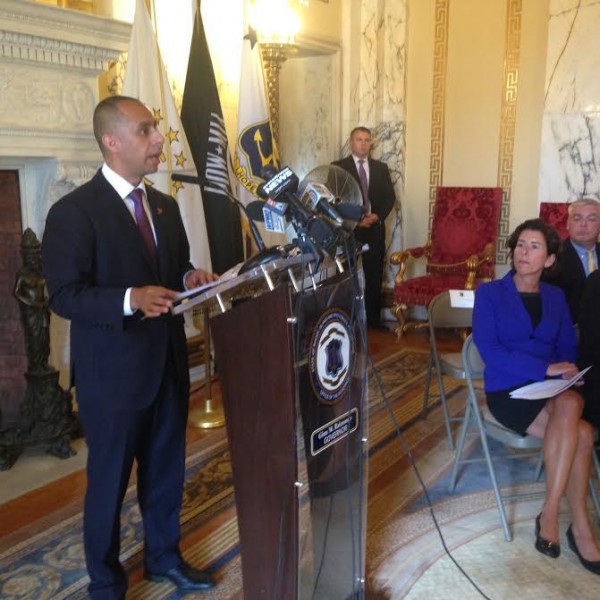 Please join me in giving a round of applause to Mayor Elorza and the Providence Department of Planning and Development for their hard work and due diligence every step of the way during the 6/10 Connector’s community engagement process.
Please join me in giving a round of applause to Mayor Elorza and the Providence Department of Planning and Development for their hard work and due diligence every step of the way during the 6/10 Connector’s community engagement process.
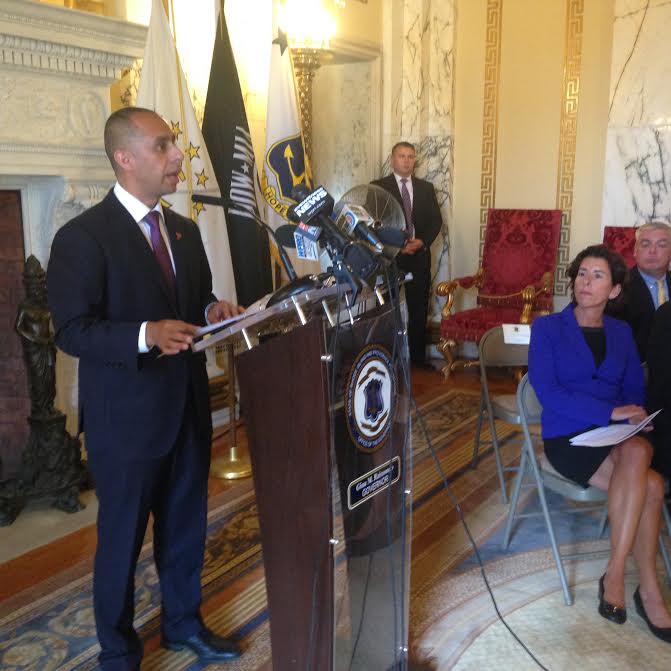
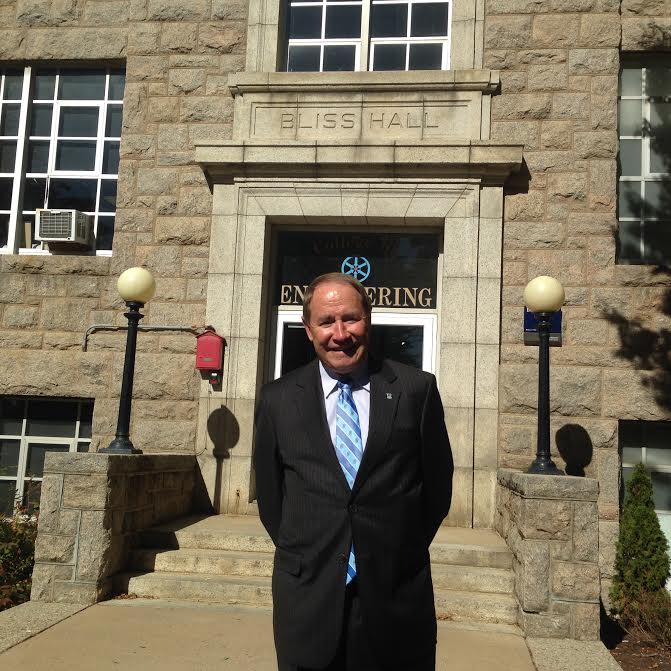
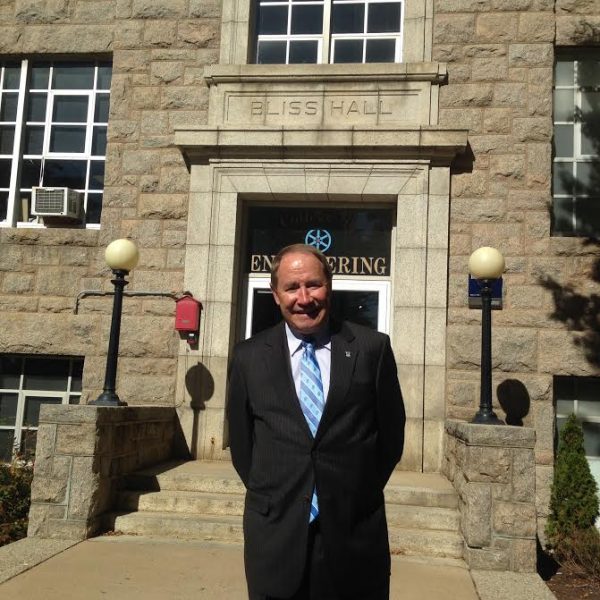
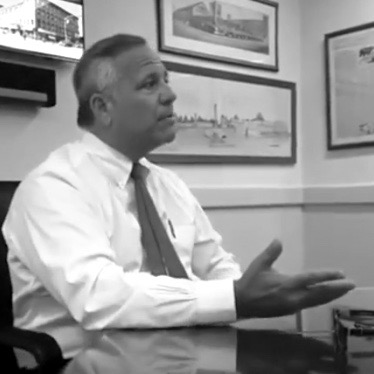
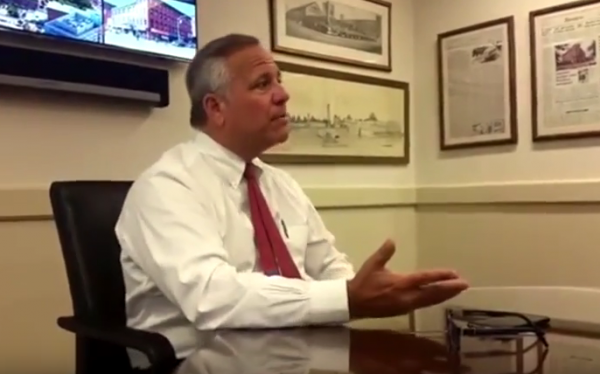

 New Census data show that the percentage of uninsured Rhode Islanders was 5.7 percent in 2015, half the rate it was in 2013, the year before the Affordable Care Act (ACA) went into effect. In 2014, 7.4 percent were uninsured.
New Census data show that the percentage of uninsured Rhode Islanders was 5.7 percent in 2015, half the rate it was in 2013, the year before the Affordable Care Act (ACA) went into effect. In 2014, 7.4 percent were uninsured. “Rhode Islanders should be proud that we are 7th in the nation for the percent of residents who have health insurance coverage”, said Linda Katz, Policy Director at the Economic Progress Institute. “With health insurance, people are more likely to keep up with yearly preventive care visits and people with chronic conditions can get the treatment they need to promote their well-being. Besides the obvious benefits for families and individuals, having a healthy work force is a good selling point for our state. Medicaid and coverage through HealthSourceRI are vital to ensuring that thousands of our residents can afford comprehensive health insurance.”
“Rhode Islanders should be proud that we are 7th in the nation for the percent of residents who have health insurance coverage”, said Linda Katz, Policy Director at the Economic Progress Institute. “With health insurance, people are more likely to keep up with yearly preventive care visits and people with chronic conditions can get the treatment they need to promote their well-being. Besides the obvious benefits for families and individuals, having a healthy work force is a good selling point for our state. Medicaid and coverage through HealthSourceRI are vital to ensuring that thousands of our residents can afford comprehensive health insurance.”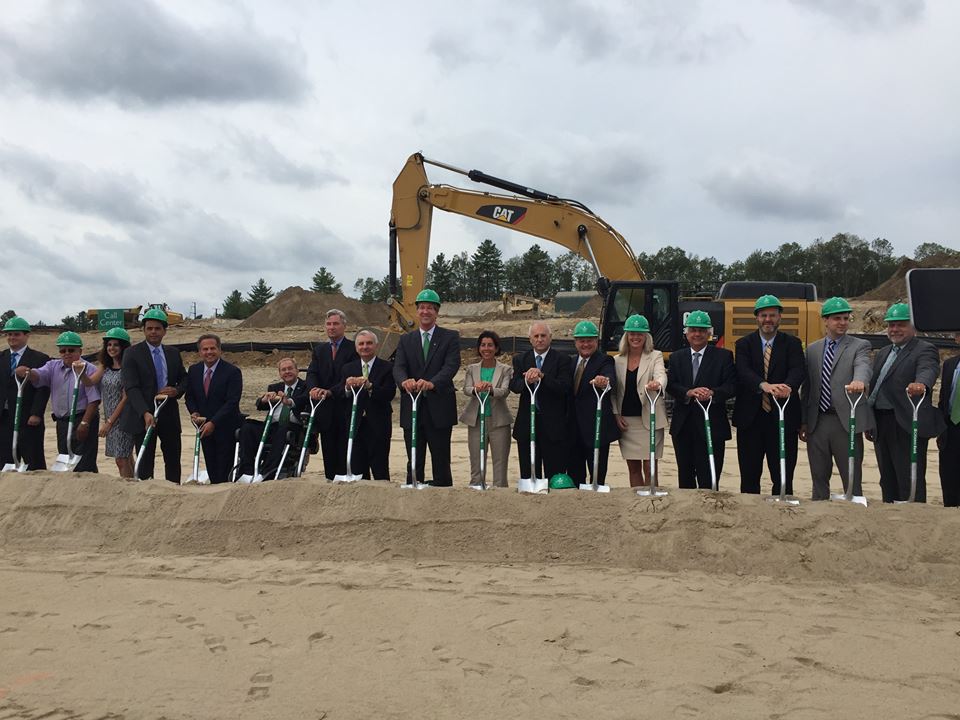
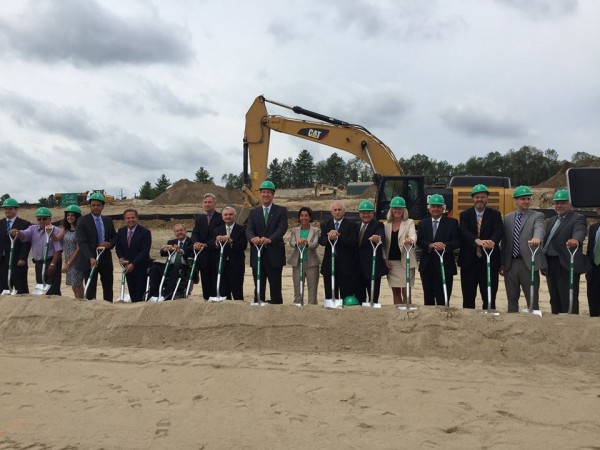


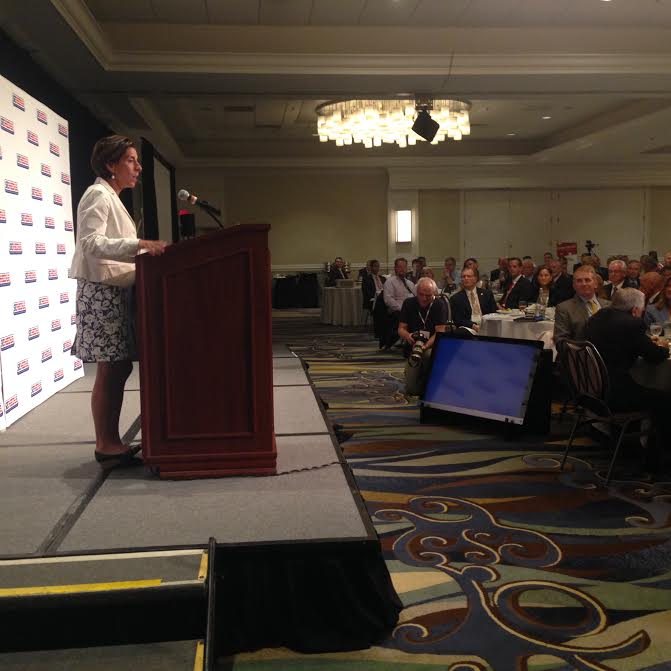
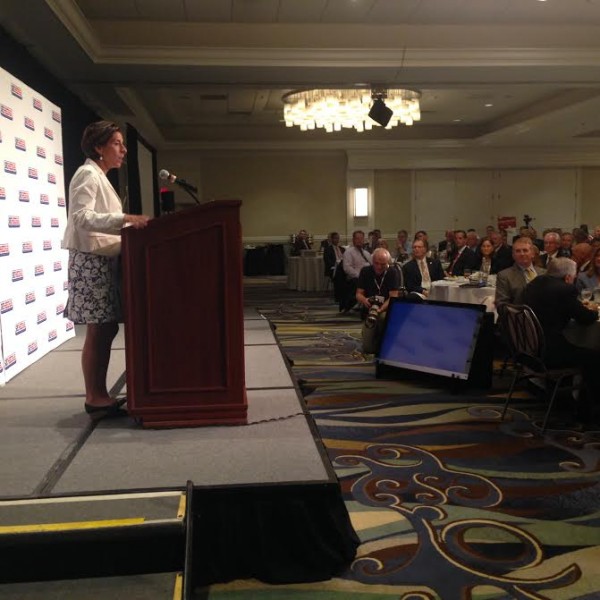
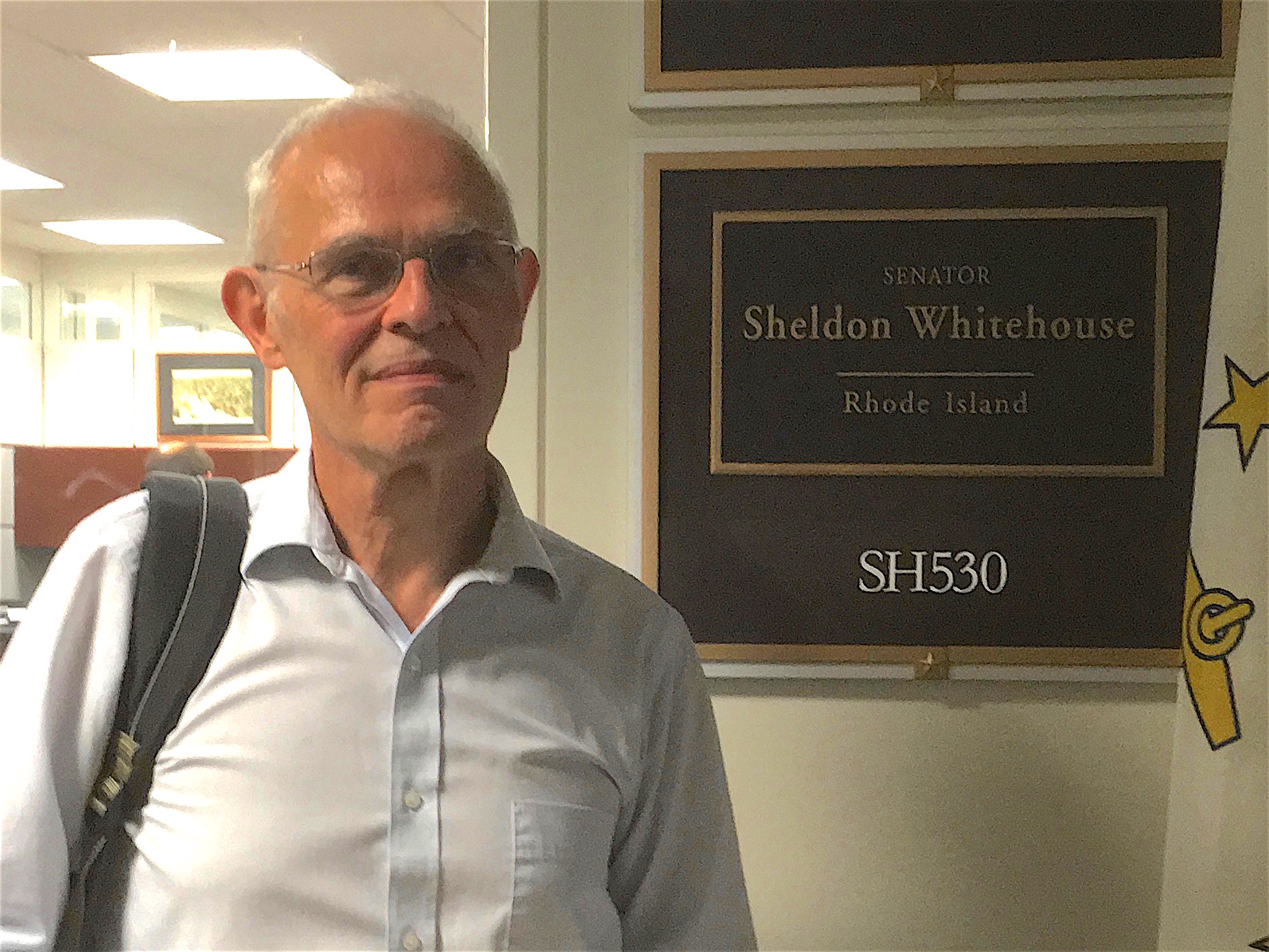
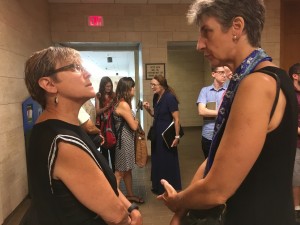
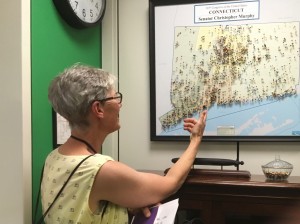
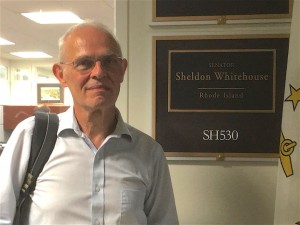
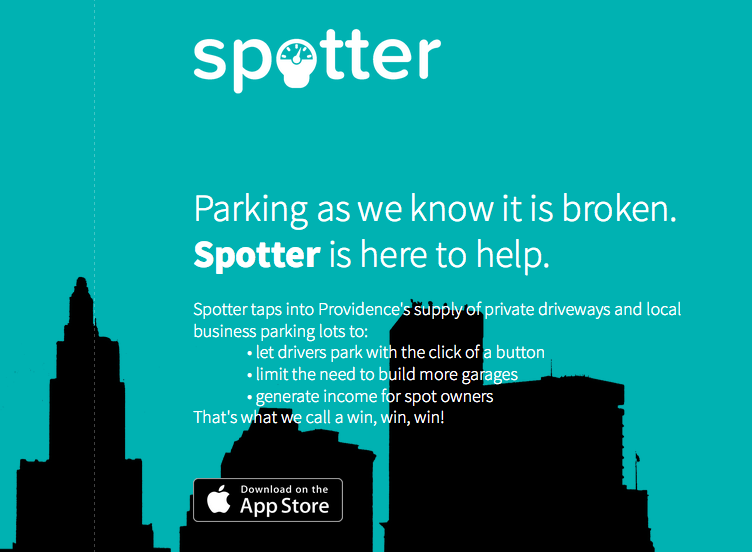
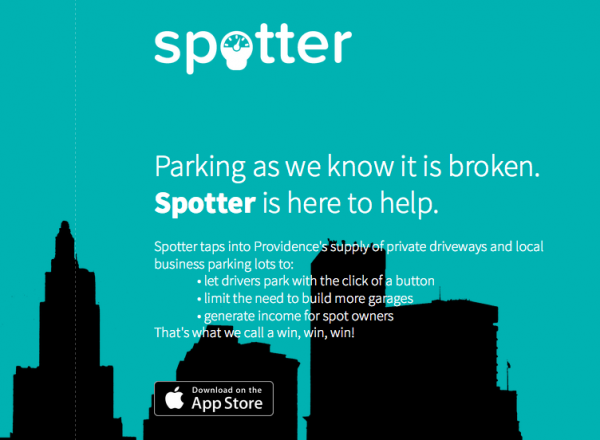

 From the headlines, you would think that CNBC is the gold standard economic authority. After the cable news network released its 10th annual “
From the headlines, you would think that CNBC is the gold standard economic authority. After the cable news network released its 10th annual “




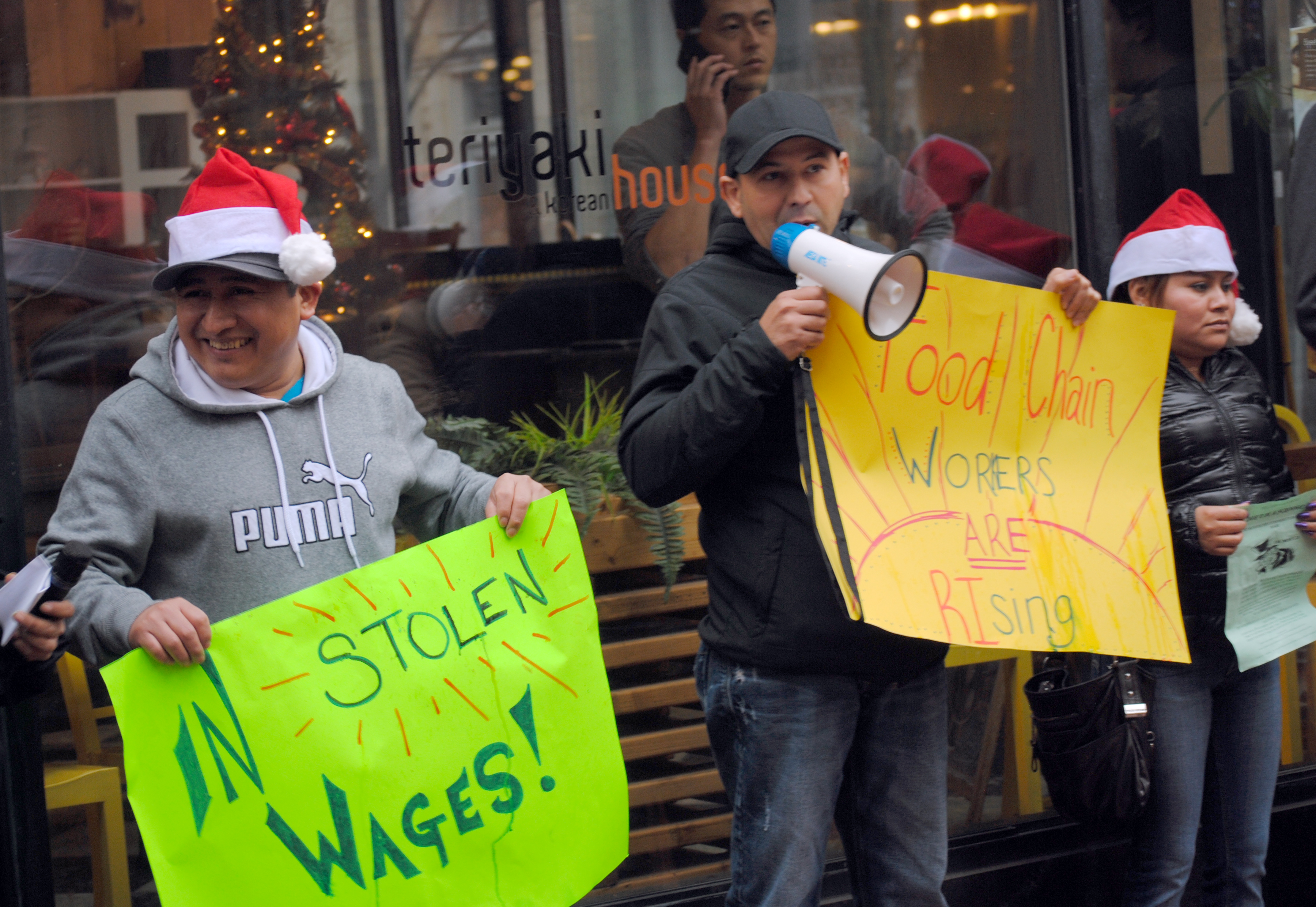
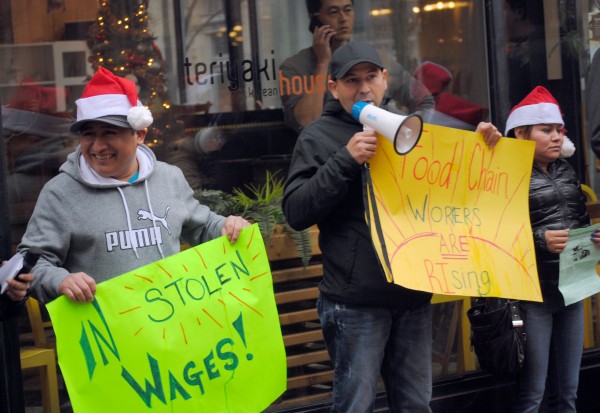

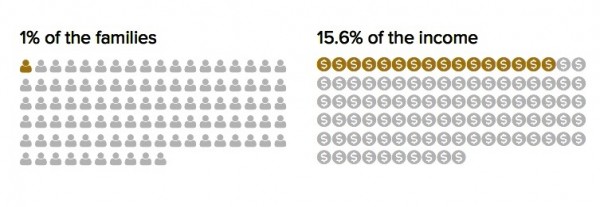 “Rising inequality is not a new phenomenon, and it’s not confined to large urban areas or financial centers,” said Price. “It’s a persistent problem throughout the country—in big cities and small towns, in all 50 states. In the face of this national problem, we need national policy solutions to jump start wage growth for the vast majority.”
“Rising inequality is not a new phenomenon, and it’s not confined to large urban areas or financial centers,” said Price. “It’s a persistent problem throughout the country—in big cities and small towns, in all 50 states. In the face of this national problem, we need national policy solutions to jump start wage growth for the vast majority.”



